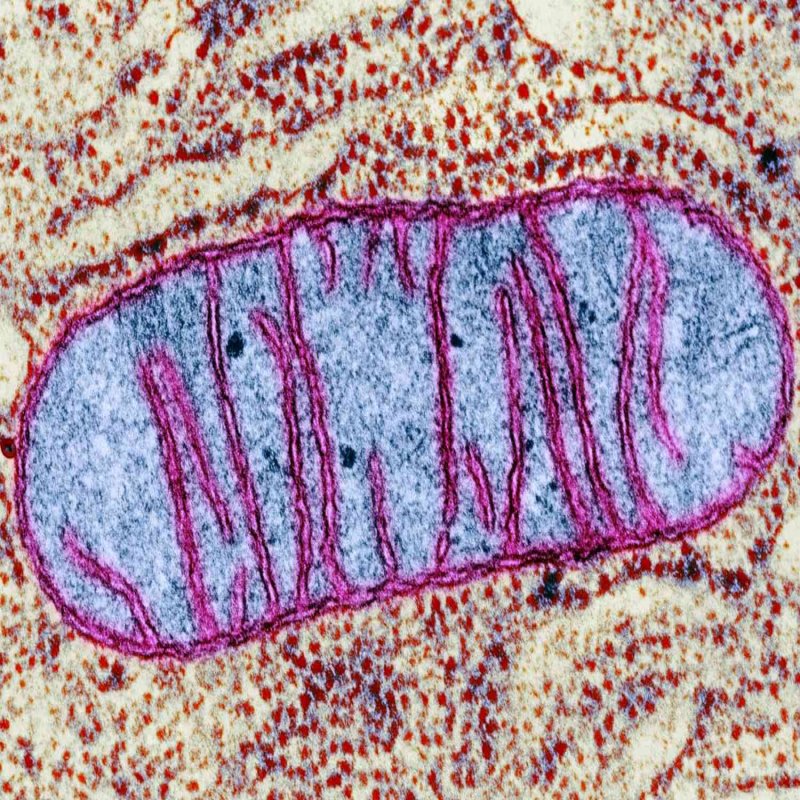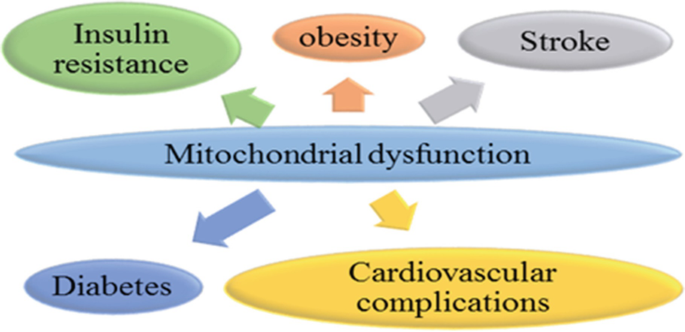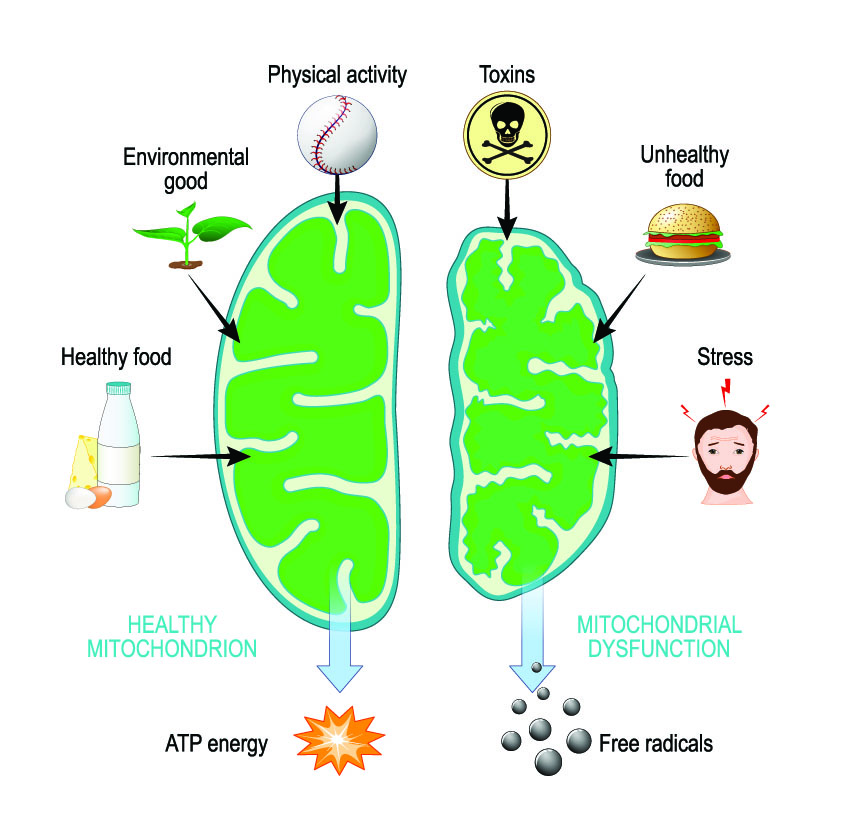
Energy is the currency of our lives. The more energy we have, the more clearly we can think and feel and also connect better with others. Our energy is converted into health, wealth, success, and happiness. The quality and quantity of food we eat are primarily responsible for the energy and radiance we emit. Almost all of our cells (except for a few) contain mitochondria that convert the food we eat and the oxygen we breathe into energy. The process of turning food into energy is called metabolism.
During metabolism, adenosine triphosphate, or ATP, is produced by enzymes in the digestive system to store energy.
Sometimes ATP molecules can be used immediately, depending on the type of activity we are engaged in. At other times, they can be stored in different parts of our bodies, like the liver, muscles, body fat, and tissues. We must remember that our bodies use up energy for both; voluntary (say, cooking or cleaning) and involuntary activities (like breathing, digestion, our heart beating, and eye reflexes).
A cell may have only one mitochondrion or thousands of them, depending on the function the cell has to perform. When there is a problem in the mitochondria due to various reasons, they aren’t able to use oxygen and ATP molecules properly, and thus the cells do not have enough energy. Moreover, the unused oxygen and ATP molecules build up in the cells and cause damage. In other words, a metabolic disorder happens when an unusual chemical reaction disturbs the metabolism and doesn’t allow the food to be broken down properly.
There are different groups of metabolic disorders (more than 1,300 known metabolic diseases are categorized into various groups), and mitochondrial diseases are one of them. Thus, metabolic disorders are an umbrella term for a wide range of conditions affecting how our bodies process energy.

Mitochondrial Dysfunction
Defective or faulty mitochondria (metabolic disorders) are caused mainly due to genetic mutations or genetic abnormalities of the DNA present in both the mitochondria and the cell's nucleus.
Certain environmental factors, like specific medicines, exposure to hazardous chemicals, a very high level of air pollution, and cigarette smoke, may also lead to mitochondrial dysfunction.
In certain instances, faulty mitochondria affect only one cell type, one tissue type, or one particular organ. In other cases, they may affect multiple cell and tissue types or multiple organs. As a result of mitochondrial dysfunction, primary organs that are involved in metabolism are severely affected, including the liver, gut, adipose tissue (which regulates whole-body energy and maintains glucose homeostasis), kidneys, and muscles that contain more cells and, therefore, more mitochondria.
There are many types of metabolic disorders, but most of them share some common symptoms, like fatigue, weight loss, and muscle weakness. Digestive problems, such as abdominal pain, diarrhea, or constipation, can also occur in some people. Seizures, developmental delays, and speech, sight, and walking problems may be experienced by others. In extreme cases, one may have multiple organ failures.
Types of Metabolic Disorders Linked to Mitochondrial Dysfunction
The various metabolic disorders that are linked to mitochondrial dysfunction are:
- Fatty liver disease
- Non-alcoholic fatty liver Disease (NAFLD) and non-alcoholic steatohepatitis (NASH) diseases
- Insulin resistance
- Type 2 diabetes
- Obesity and related conditions
- Cardiovascular diseases
- Neurodegenerative diseases such as muscular dystrophy, Parkinson’s, and Alzheimer’s disease.

Tips to Improve Mitochondrial Health
We must take extremely good care of the mitochondria in our body, for they are our building blocks. They are important for every biochemical reaction in our body and the activities our cells perform. Here are some great ways to take care of mitochondrial health:
1. Reduce Calorie Intake: Like we release CO2, mitochondria release ROS (reactive oxygen species) when they convert oxygen into energy. Excess calories may lead to obesity and heightened inflammatory processes, which increase ROS levels and damage the cellular structure and, in turn, the mitochondria. So, we need to keep a check on those calories.
2. Eat According to The Circadian Rhythm: As per experts, the best times to eat are 8 a.m., 12 p.m., and 5 p.m. since they mirror our circadian rhythm, and the mitochondria can function most effectively within this nearly 9-hour window. Plus, intermittent fasting helps support the removal of damaged mitochondria and the production of new, healthier ones.
3. Remove Refined Carbohydrates: Refined carbohydrates like white bread, pizza, pasta, pastries, white flour, white rice, soda, etc., can cause changes in the shape and function of mitochondria. Moreover, excess carb intake can affect our hormones, which are essential to mitochondrial health.
4. Eat Lean Proteins: Include items like eggs, chicken, tofu, lentils, etc. in your diet.

5. Eat Sources of Omega-3s and Alpha-Lipoic Acid: Omega-3 acid-rich foods like fatty fish, seafood, chia seeds, flax seeds, walnuts, edamame beans, kidney beans, etc. help prevent cellular damage and, in turn, mitochondrial damage. Alpha-lipoic acid, found in every cell of our body, helps in the biogenesis of new mitochondria. It is found in vegetables like spinach, broccoli, Brussels sprouts, cauliflower, etc.
6. Eat Antioxidant-Rich Foods: Foods rich in antioxidants like blueberries, strawberries, grapes, tomatoes, green tea, and dark chocolate help enhance mitochondrial function.
7. Exercise Daily: The more we exercise, the more energy we use up and it keeps mitochondria active and healthy.
8. Get Good Sleep: The more we stay close to our circadian rhythm when it comes to natural body functions like sleep, the better it is for our mitochondrial health. Early sleep and as much as 7-8 hours per night allow the mitochondria to remain healthy.
9. Manage Stress: Along with maintaining healthy eating habits, one should also manage their stress levels. An increase in stress levels means an increase in blood sugar levels, which can aggravate mitochondrial dysfunction.

10. Prevent exposure to harsh chemicals and pollutants: Even though genetic mutations cause mitochondrial dysfunction and, thus, metabolic disorders, lifestyle factors such as a poor diet or excessive alcohol consumption can also trigger them. The holistic treatment approach has been able to not only treat metabolic disorders related to mitochondrial dysfunction but also reverse them. In this way, the exact cause behind an individual’s mitochondrial dysfunction is established with precision and then corrected. The patient is also checked for hormonal imbalance and treated. A personalized diet is prepared for the patient, and high value is accorded to traditional foods. The holistic treatment approach brings about long-lasting lifestyle changes so that the patient can truly enjoy a healthy life.
In some cases, medication may be necessary to manage other health conditions.
Conclusion
Metabolic disorders cause an imbalance of energy flow throughout our cells, leading to a wide range of conditions, from diabetes to obesity. Understanding the role mitochondria play can help in the better understanding and management of these diseases. With a holistic treatment approach, metabolic disorders can not only be treated but also reversed in many cases.


.png)


